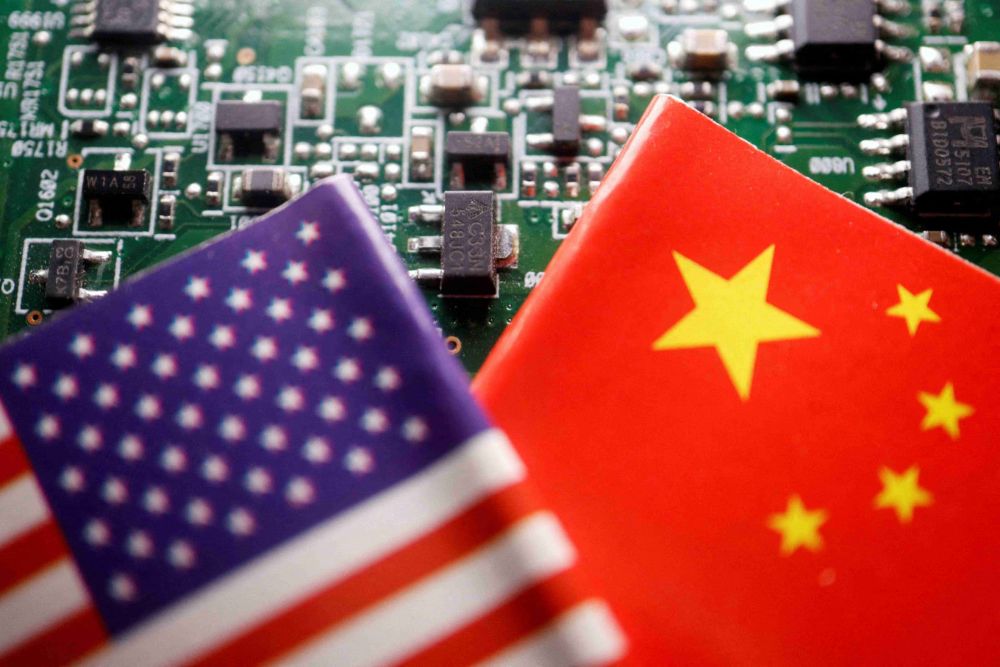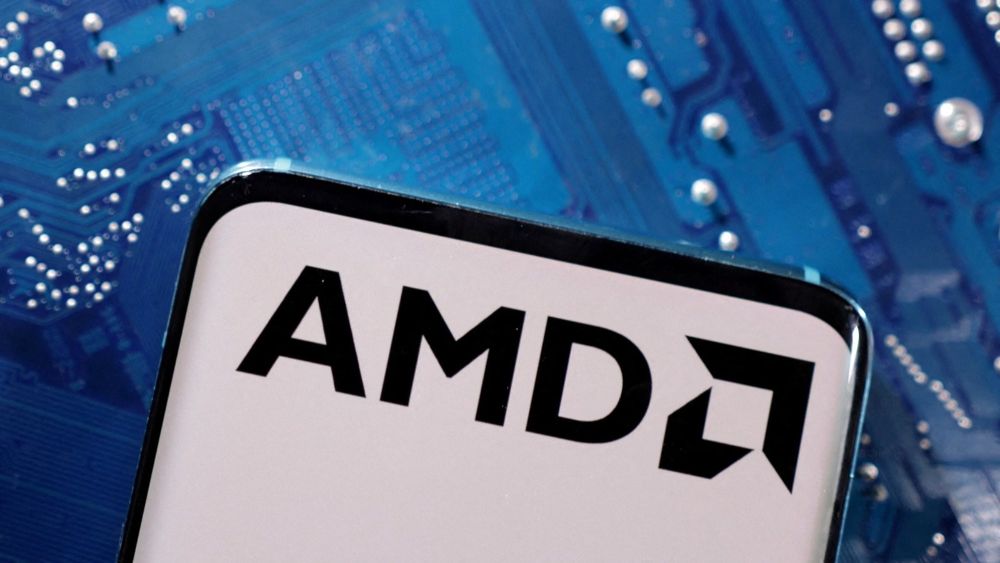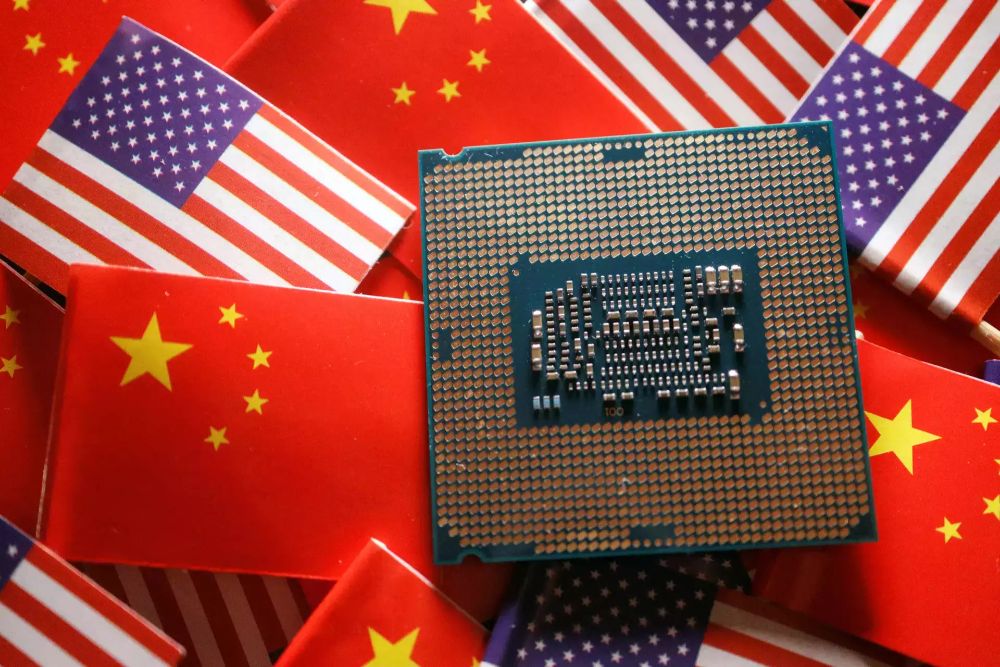China has recently introduced stringent guidelines aimed at phasing out American microprocessors and software from government computers and servers, according to a report by the Financial Times. The move signifies China’s efforts to decrease dependency on foreign technology, particularly from the United States.

Transitioning Away from Intel and AMD Processors
Under the new procurement guidance, Chinese government agencies above the township level are instructed to prioritise domestically produced microprocessors over those manufactured by American giants such as Intel and AMD. This shift is part of a broader strategy to enhance national security by ensuring the reliability and safety of critical systems.

Favouring Domestic Software Solutions
In addition to microprocessors, China aims to sideline Microsoft’s Windows operating system and foreign-made database software in favour of domestic alternatives. This preference for homegrown software aligns with China’s broader agenda of promoting indigenous innovation and reducing reliance on foreign technology.
Emphasising Safety and Reliability
Government procurement criteria now include specifications for “safe and reliable” processors and operating systems. This requirement underscores China’s commitment to enhancing cybersecurity and protecting sensitive government data from potential threats associated with foreign technology.
China Promotes Domestic Semiconductor Industry

China’s Ministry of Industry and Information Technology has identified a list of CPUs, operating systems, and centralised databases deemed “safe and reliable” for government use, all sourced from Chinese companies. This initiative reflects China’s ambition to strengthen its semiconductor industry and achieve greater self-sufficiency in critical technology sectors.
US Response and Countermeasures
The United States has been actively pursuing measures to bolster domestic semiconductor production and reduce reliance on China and Taiwan. The Biden administration’s 2022 CHIPS and Science Act aims to support US semiconductor manufacturing through subsidies and financial incentives.
Potential Blacklisting of Chinese Semiconductor Firms
In a recent development, Bloomberg reported that the US is considering blacklisting several Chinese semiconductor companies with ties to Huawei, a prominent Chinese technology firm. Entities such as Qingdao Si’En, SwaySure, and Shenzhen Pensun Technology Co. could face sanctions due to their association with Huawei’s chipmaking activities.

Impact on Chinese Semiconductor Industry
The potential blacklisting of Chinese semiconductor firms and the consideration of sanctions against leading memory chipmaker ChangXin Memory Technologies Inc signify escalating tensions in the semiconductor industry. These actions could disrupt supply chains and impede China’s efforts to achieve technological self-sufficiency.
China’s new guidelines to reduce reliance on US microprocessors and software underscore the growing competition and geopolitical tensions in the global semiconductor industry. As countries vie for technological dominance, the ramifications of these measures extend beyond economic considerations, shaping the future landscape of innovation and security.
